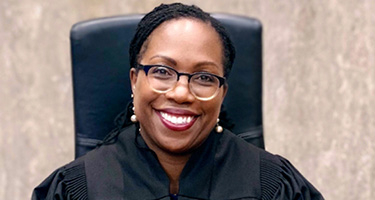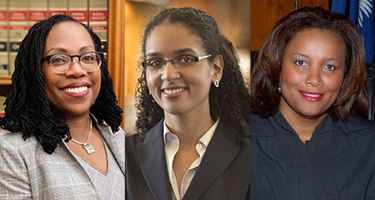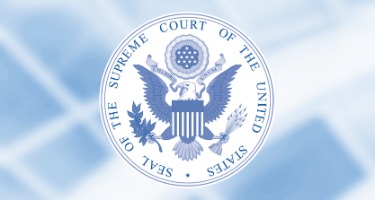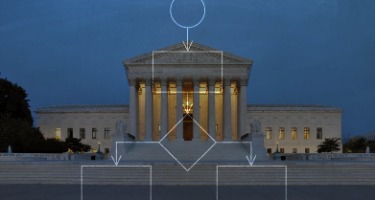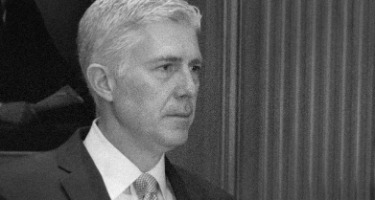In June of this year, the U.S. Supreme Court unanimously ruled, in Fort Bend County v. Davis, that Title VII’s administrative exhaustion requirement is merely a claim-processing rule, rather than a jurisdictional one. As a result, an employer who does not move to dismiss or, at a minimum, allege “failure to exhaust” as an affirmative defense in response to the complaint might waive the ability to seek dismissal on that ground. This decision serves as a good reminder to any lawyer representing employers in Title VII litigation: Identify any exhaustion issues immediately (or as soon as practicable) after the complaint is received or risk waiving that defense altogether.
Jurisdictional or Procedural?
As most employment attorneys already know, Title VII of the Civil Rights Act of 1964 requires employees to file discrimination and retaliation claims with the Equal Employment Opportunity Commission (or a similar state agency) before filing a lawsuit against their employers. These claims must be filed within 180 days of any alleged unlawful employment practice and can be extended to 300 days if a state or local agency enforces a law that prohibits employment discrimination on the same basis.
Before the Supreme Court’s ruling, however, circuit courts disagreed on the significance of this step: Was this a jurisdictional requirement—meaning courts are deprived of jurisdiction over the lawsuit until a charge is filed with the EEOC—or a claim-processing rule, viewing the EEOC charge as a procedural element of the employee’s discrimination claim that can be waived if the charge is not challenged at the outset of litigation by the employer? Three circuit courts ruled the language was jurisdictional. Meanwhile, eight other circuit courts ruled the language was a claim-processing rule (i.e., procedural).
The case started when Lois Davis filed an internal complaint alleging the IT director at Fort Bend County, Texas, sexually harassed her. Fort Bend investigated her complaint and the IT director later resigned as a result. Nonetheless, Davis filed a charge against Fort Bend with the Texas Workforce Commission (Texas’ EEOC equivalent) claiming sexual harassment and retaliation. In so doing, she completed an EEOC intake questionnaire outlining the contours of her sexual harassment and retaliation claims.
The IT director’s resignation, however, did not resolve Davis’ workplace complaints. She claimed her supervisor (who was allegedly the IT director’s close friend) retaliated against her and eventually terminated her employment after she failed to report to work one Sunday due to a religious observation. After her termination, Davis amended her intake questionnaire—but not her charge—to include religion as another basis of discrimination. She then filed a lawsuit in district court, alleging sexual harassment, retaliation, and religious discrimination under Title VII. Fort Bend asked the lower court to dismiss all of Davis’ claims, which it did. Davis appealed the decision to the Fifth Circuit, which reversed the lower court’s ruling on Davis’ religious discrimination claim and remanded the case for further proceedings.
On remand, Fort Bend argued to the lower court—for the first time, five years into the lawsuit—that Davis failed to exhaust her administrative remedies on the religious discrimination claim (i.e., she never included religion as a basis for discrimination in her EEOC charge). The lower court agreed with Fort Bend, holding that filing an administrative charge is a jurisdictional prerequisite in Title VII cases, and once again tossed Davis’ lawsuit.
On appeal, however, the Fifth Circuit agreed with Davis—an administrative charge is simply an element of a discrimination claim (which can be waived by the employer). Ultimately, this meant Davis could pursue her religious discrimination claim because Fort Bend did not allege a failure-to-exhaust defense after Davis filed her lawsuit in a timely manner.
SCOTUS Says Administrative Exhaustion Requirement Is Procedural
In October 2018, Fort Bend filed a cert petition with the Supreme Court to seek definitive guidance on the issue. In an opinion drafted by Justice Ginsburg, the Supreme Court unanimously ruled that Title VII’s administrative exhaustion requirement is merely a claim-processing rule, and not a jurisdictional bar to filing a lawsuit. Therefore, a federal court may retain jurisdiction over a discrimination claim even if an employee fails to allege the basis for such a claim in their administrative charge. The Supreme Court found that Congress did not clearly state that Title VII’s administrative requirement is jurisdictional, and therefore courts must treat it as non-jurisdictional in nature.
Justice Ginsburg, however, cautioned would-be plaintiffs to not ignore Title VII’s administrative exhaustion requirement. Stating, “[d]efendants, after all, have good reason to promptly raise an objection that may rid them of the lawsuit filed against them. A Title VII complainant would be foolhardy consciously to take the risk that the employer would forgo a potentially dispositive defense.” As a result, an employee still risks having a claim tossed if they do not first file a charge with the EEOC or relevant state agency. Likewise, an employer risks defending against a claim, which was never filed with the EEOC, if it does not assert failure to exhaust as an affirmative defense and move to dismiss on that ground.
Don’t Fall Asleep at the Wheel
What does this decision mean for litigators? Upon receipt of a Title VII complaint filed against a client, you should immediately and carefully review the administrative history, asking yourself these pertinent questions: Did the employee file a charge with the EEOC or the state equivalent? If so, did the employee assert the same claim(s), or those within the scope of the agency’s investigation, in that proceeding as in the lawsuit?
If not, advise your client to move to dismiss on that ground or, at the very least, include this as an affirmative defense in its response to the complaint. The former is preferable unless other procedural issues need to be addressed at the outset. An unwary lawyer who fails to move to dismiss or assert a timely failure to exhaust defense, risks waiving that defense…and, at the same time, likely waving good-bye to that client.
Paul Goatley is an attorney in Fisher Phillips’ Louisville, Kentucky office where his practice is exclusively devoted to representing employers in matters of labor and employment law.





